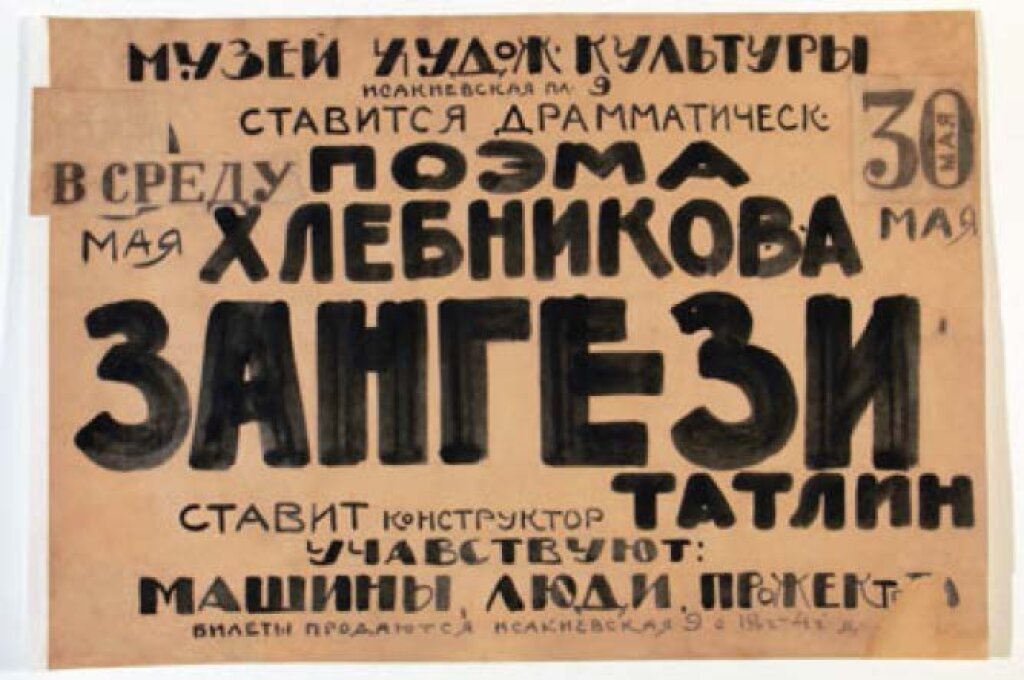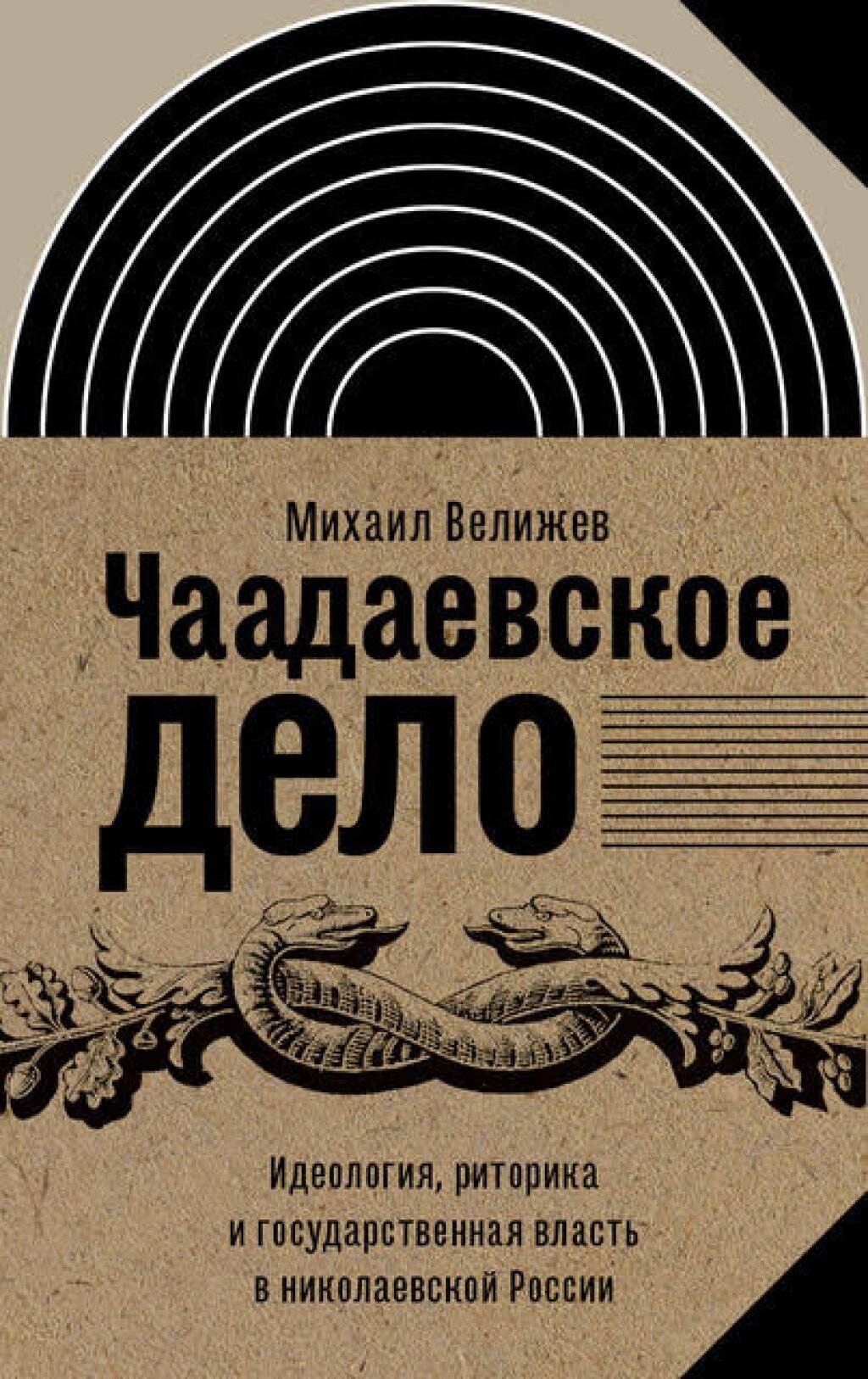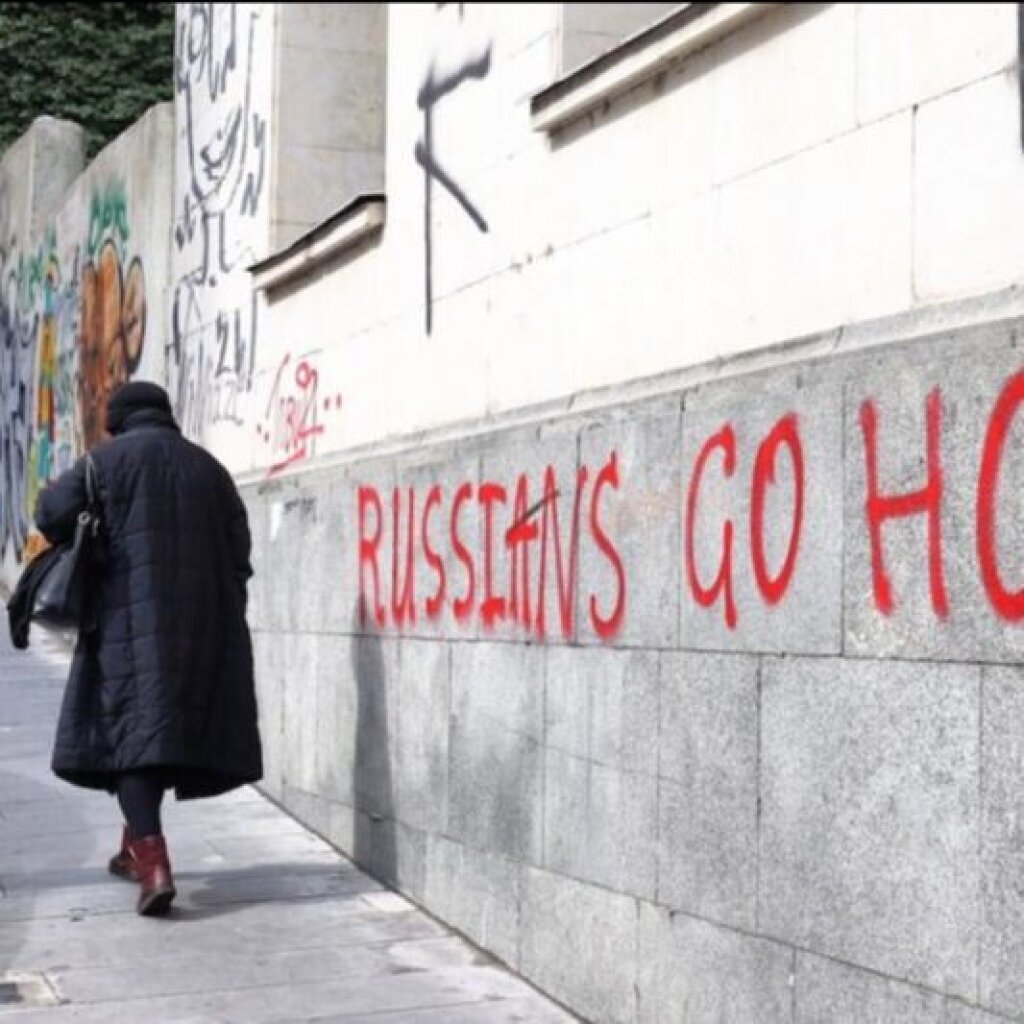On Thursday, October 11th please join us for "Khlebnikov, Tatlin, and the Utopian Geopoetics of the Russian Avant-garde”, a talk with Harsha Ram from U.C. Berkeley. This talk is part of the Occasional Series, sponsored by the NYU Jordan Center for the Advanced Study of Russia.
Most models of world literature since Goethe have focused on the spatial grid provided by the dialectic between the territorial nation-state and the deterritorializing force of the market. In the aftermath of the recent anniversary of the October revolution of 1917, it is timely to reflect on the promise of world revolution as an alternative if unrealized model of world literature. The utopianism of the Russian avant-garde, in its collisions and collusions with the Bolshevik Party, has long been recognized as a constitutive feature of cultural production during the early Soviet era. Yet the question of aesthetic utopia has largely been studied with respect to the visual poetics of Russian constructivism. My talk seeks to extend this discussion by placing the visual alongside the literary: its focus will be the futurist poet Velimir Khlebnikov’s Gesamtkunstwerk Zangezi (1922), a precocious instance of performance art combining lyric fragments, theatrical dialogue and prophetic utterance, staged by the constructivist artist Vladimir Tatlin in Petrograd in 1923. Alongside Tatlin’s unrealized Monuiment to the Third International, Khlebnikov’s Zangezi may well be the most eloquent example of a utopian aesthetic internationalism which sought to abolish all boundaries, linguistic no less than spatial.
Harsha Ram is Associate Professor in the Departments of Slavic Languages and Literatures and Comparative Literature at U.C. Berkeley. He is the author of The Imperial Sublime. A Russian Poetics of Empire (2003) and is currently working on two book projects: The Scale of Culture. Empire, Nation, City and the Russian-Georgian Encounter, a cultural history of Russian-Georgian relations over the span of the nineteenth and early twentieth centuries, and a second project on the Russian revolution and world literature, on which this talk is based.



